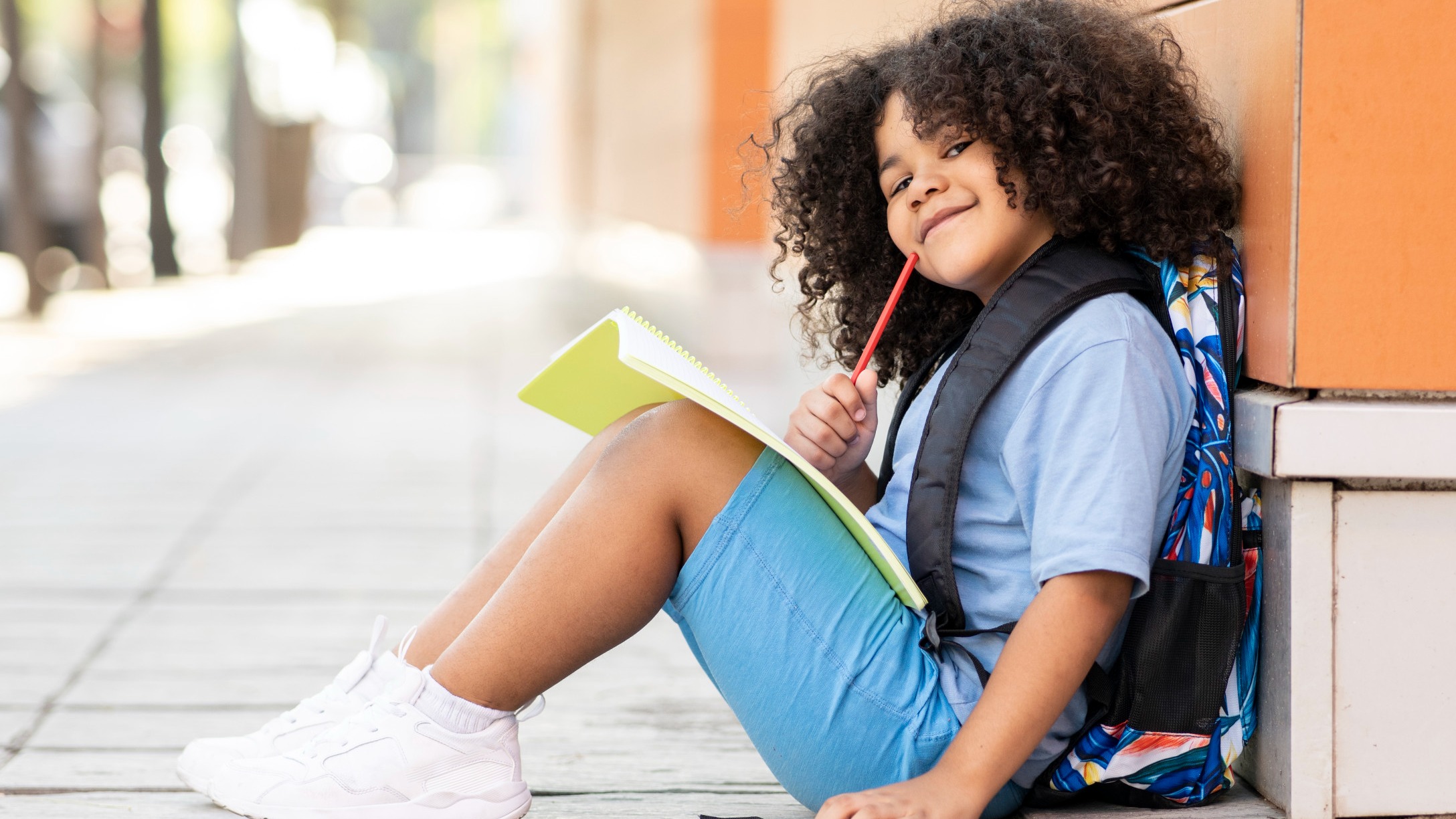
Most parents know to expect the inevitable. With the start of each new school year, our kids are surely going to bring home some colds, viruses, stresses, and worries. Whether your kids are in day care and preschool age or they're headed to high school, they're likely to encounter a few potential health hazards as they kick off a new academic year. To be honest, it's something most parents dread, even though we know it's probably going to happen within those first few weeks.
One thing we've learned in the past couple of years though, is that there's actually a lot more we can do to keep our children — and households — as physically and emotionally healthy as possible. With that in mind, we turned to board-certified pediatrician Dr. Preeti Parikh to find out her top back-to-school health tips. Here's what she had to say:
More from CafeMom: 16 Back-To-School Traditions To Still Keep
Kids — and parents — are balancing a lot at the start of the school year.
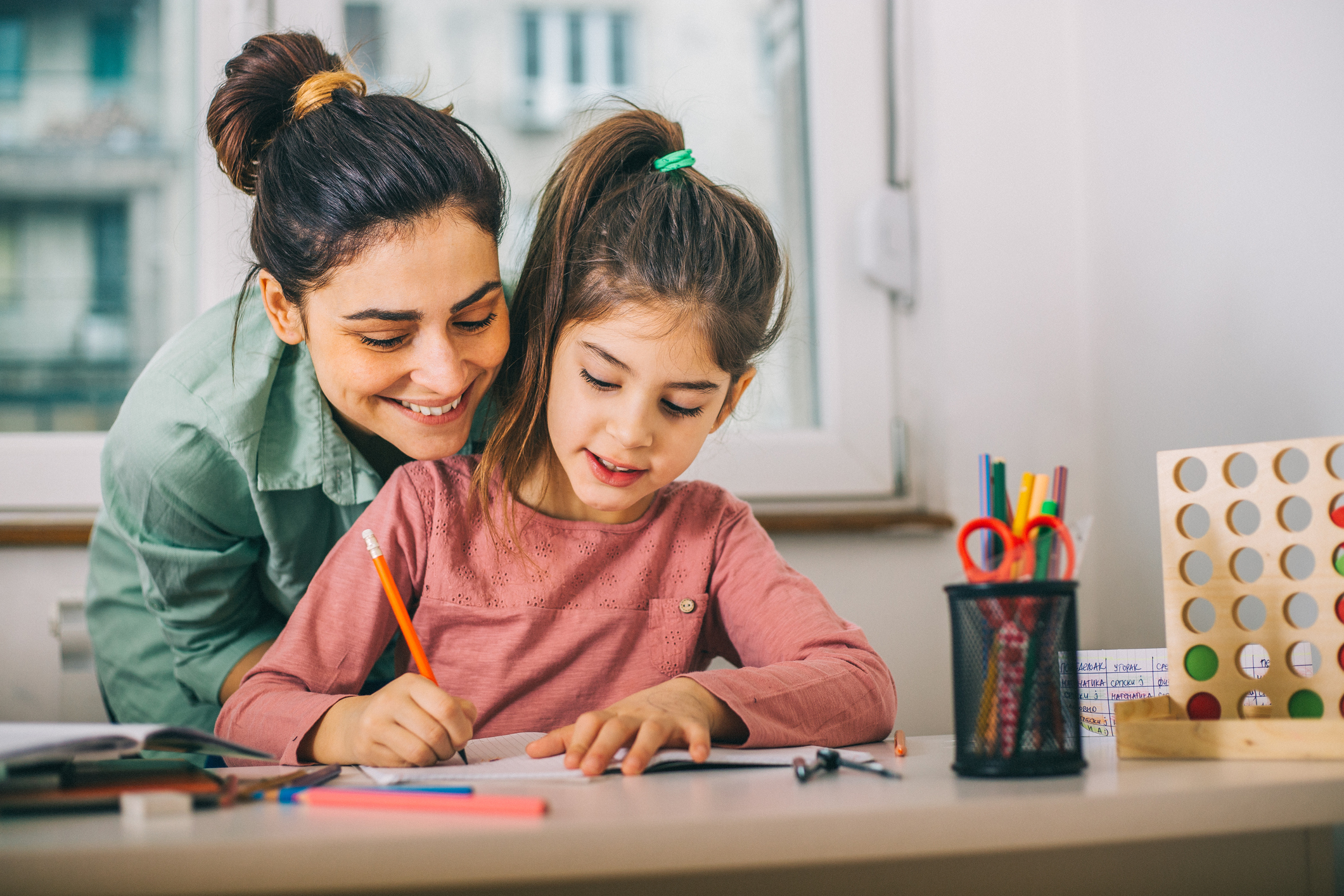
"During the school year there are a lot of things that kids need to balance," says Parikh, who is the executive medical director at GoodRx. "Their academics, extracurricular activities, and social dynamics are all areas they are juggling, which contributes to the stress on kids."
She adds: "So, by keeping your kids healthy it helps them deal with all of these different areas and prevents them from getting sick and mental health issues, such as depression and anxiety."
Of course, we have to keep in mind that mental and emotional health can also take a toll on our kids physically, so we have to be sure to prioritize that aspect of their wellness as well.
Hand hygiene is more important than you might think.
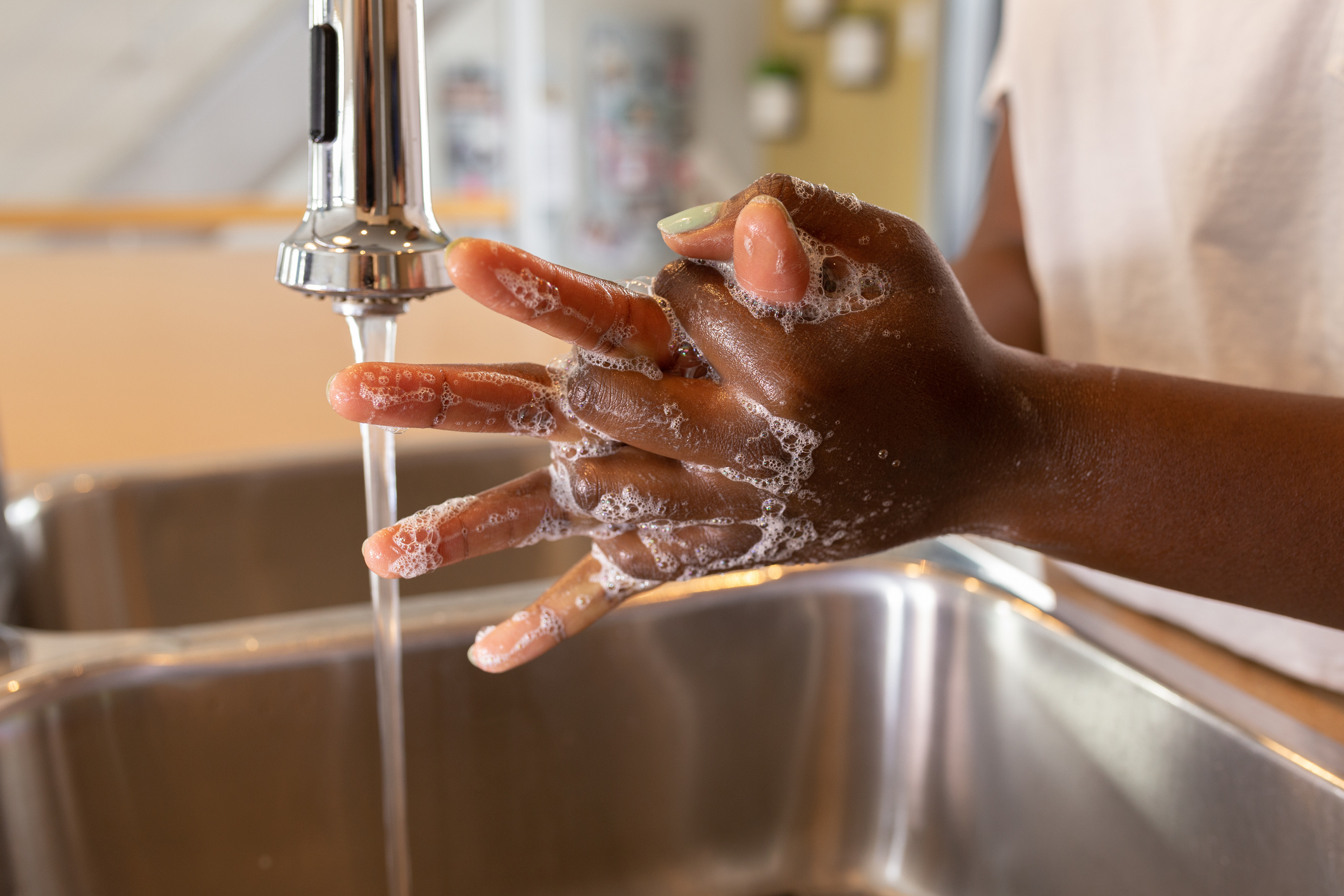
"Kids are excited to be back at school and now they are back indoors in enclosed spaces near many children and adults," says Parikh.
Kids, teachers, and parents should be more diligent about hand washing than ever before. "Hand hygiene and other hygiene measures, such as sneezing into the elbow and social distancing, which if not done well, can lead to more spread of infections," are crucial according to Parikh, especially as we continue to deal with new and/or different strains of COVID-19, the flu, and other highly contagious illnesses.
Having a holistic approach to your child's health and wellness is beneficial.
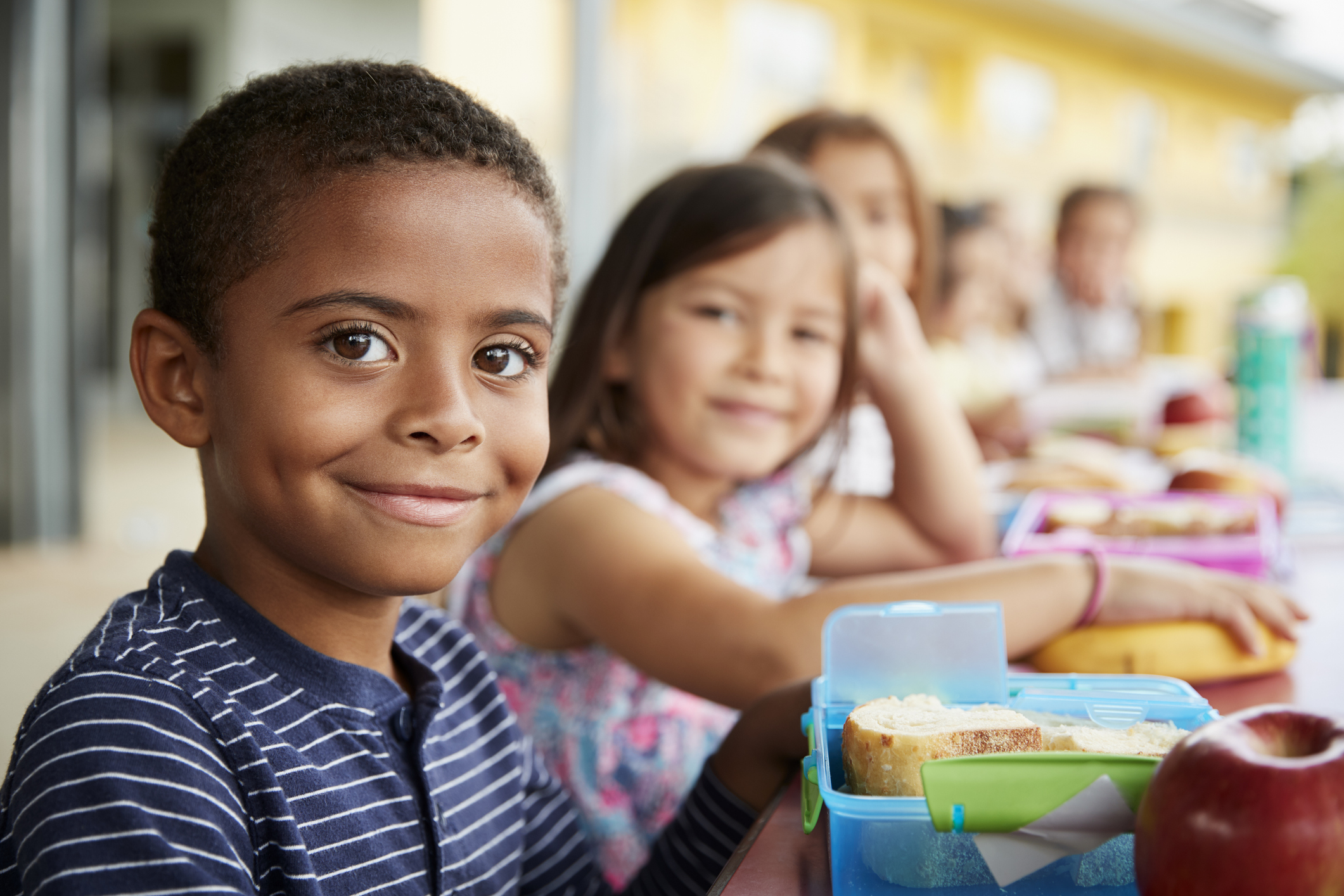
The strength of a children's immune systems is affected by various things. It's important to make sure kids are getting enough high-quality sleep, that they are eating a balanced diet, and that they are up-to-date on their immunizations.
"Parents may experience anxiety when contemplating new immunizations and vaccines because there are numerous channels for people to receive medical information, many of which can contain misinformation. It is important to have trusted resources to read and parents can always turn to their pediatrician for questions to help with their anxiety," Parikh says.
Have an action plan.

Putting together a medical checklist for your children can eliminate a lot of stress. It's especially helpful for kids who have specific medical conditions, like asthma or allergies.
"A medical checklist provides you with a blueprint to help ensure all of your bases are covered while preparing for your child’s return to school," says Parikh. "You should work with your health care provider to create an action plan. So, in case your child has an asthma attack or an allergic reaction, the school and you know what to do. Both the school and you should have the medications needed and the steps to follow in case of an emergency."
Having multiple sets of medications for school and home can be costly, so Parikh recommends using a prescription discount program like that offered by GoodRx, to make sure your children always have their medications.
A stress tool kit can also be useful for kids.

Basically, that means teaching your kids techniques that they can turn to during stressful moments. "A stress tool kit is important for children in all aspects of their lives to keep them healthy since stress can lead to illness," Parikh tells us.
"Starting in a new school or classroom is naturally a stressful experience for kids. But parents should recognize that not all stressful emotions are bad and dealing with them is an important step in emotional growth. Learning to identify, manage, and bounce back from stress can motivate a child to compete and succeed academically or in sports," she says.
Talk to your kids about using techniques like labeling their feelings, noticing body sensations attached to certain emotions, and rating their emotions, so they're aware of how serious a situation may be. Then they can do things like paced breathing, meditation, redirecting stressful thoughts and replacing them with more helpful ones, and practicing mindfulness. Using these techniques as a habit will help them be more prepared when stress strikes.
Setting digital media boundaries can help keep mental health in check.

"Back-to-school is a good time to reevaluate your child’s boundaries around digital media and ensure it isn’t impacting their writing and communication skills. In creating your child’s boundaries, consider scheduling screen-free times during meals, homework time, and one hour before bed," says Parikh.
Social media especially, can lead to increased feelings of pressure and inadequacy in children, and of course, it's basically now the new playground for bullies, so parents should be particularly aware of how their children are using social apps like TikTok and Snapchat.
"Talk with your kids, especially teens, about thinking through long-term consequences, worst case scenarios, and responsible use of social media. Having an open dialogue and keeping a pulse on your child’s social media accounts — including who their friends are — is key to helping them cope with challenges they may face online," suggests Parikh.
Be aware of any potential learning struggles.
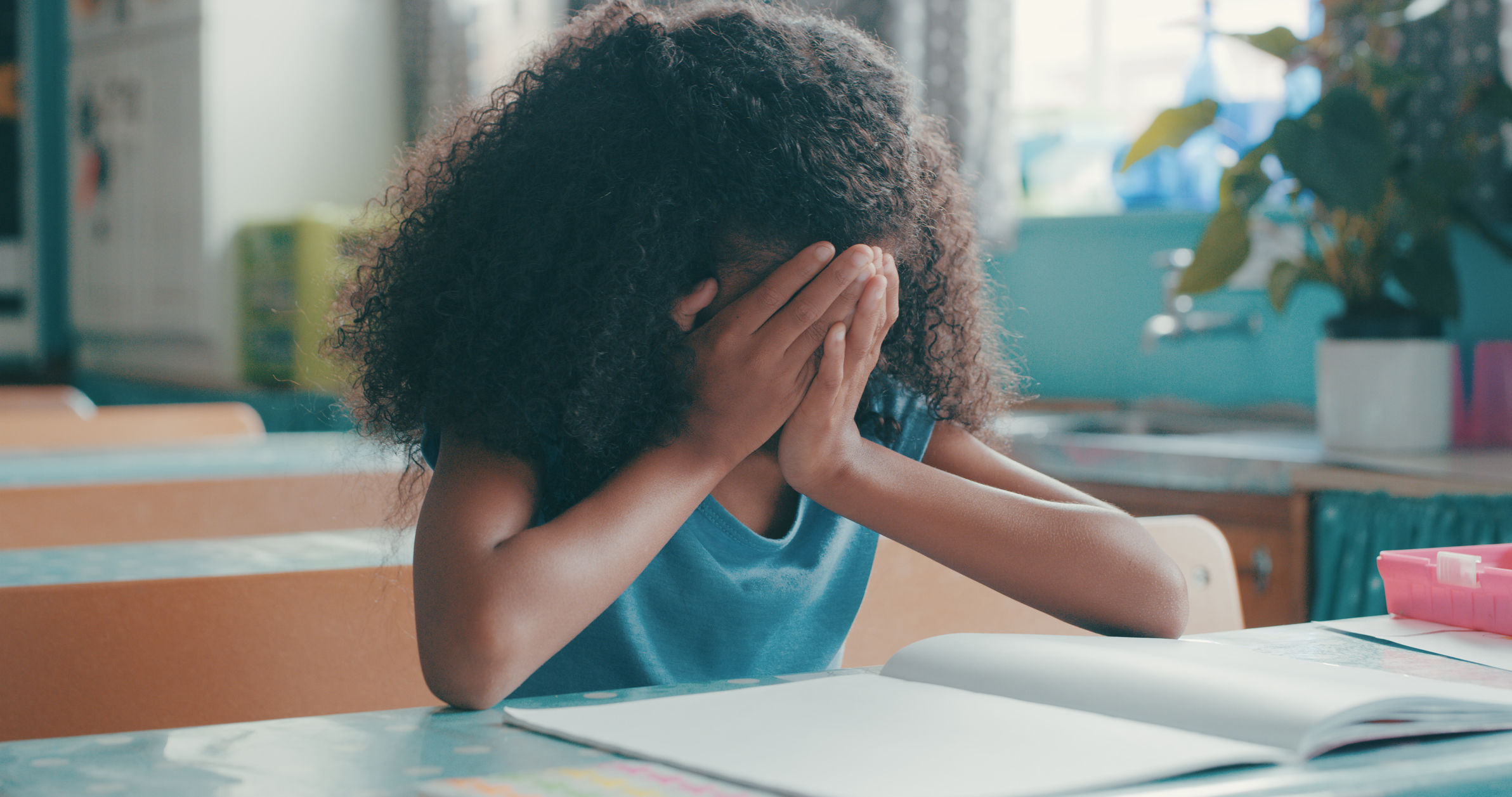
"Heading back to school is a great opportunity for parents to take stock of a child’s mental and physical health. This is especially pertinent as students continue to shift back from their remote/hybrid learning during the pandemic," Parikh explains. "Conditions that affect children’s learning ability, such as ADHD or dyslexia, can develop at any time, and the signs are not always obvious."
Talk to your child's pediatrician and/or teacher if you notice any of these signs of learning struggles: poor organization, difficulty following directions, struggles in specific subjects like math or reading, or acting out in class.
Being proactive about your children's health during the school year can help prevent problems.

"Keeping kids healthy, both physically and mentally, allows them to better focus on academics, extracurricular activities, and social dynamics, all of which contribute to their growth throughout the school year," Parikh says, noting that "making sure they have good sleep, are eating healthy, exercising, following good hygiene, and are staying up-to-date on their immunizations" should be priorities.




